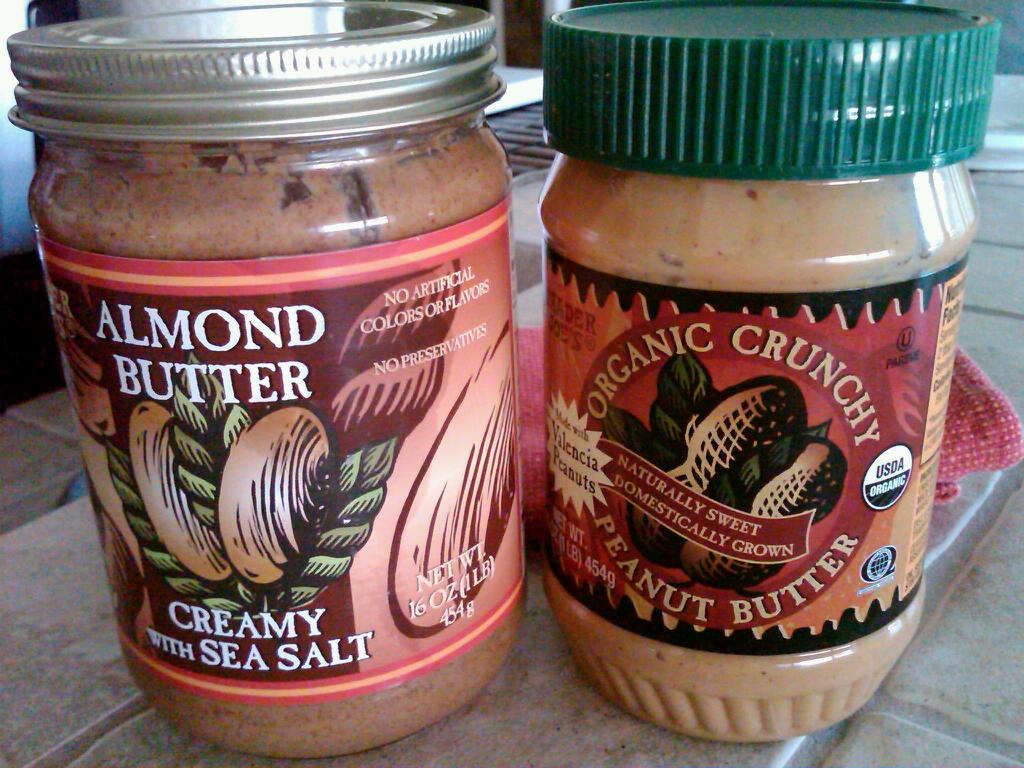When the term “organic” was established in 1990, it implied produce that was not only pesticide and chemical-free, but also grown locally on small farms in a way that protects the environment, workers, and consumers. But because the demand for organic has grown tremendously since then, big companies both domestically and abroad are now selling “organic” produce that hardly adheres to these standards. Mass produced organic food may be free of pesticides and chemicals, but the environmental benefits essentially stop there. Read more about this phenomenon here.
Wait…isn’t it a good thing that more people are buying organic food? In general, yes! Awareness about the dangers of conventional food production is rapidly increasing, and consumers are paying more attention to what they buy which is great. But in the end, the best thing we can do is eat what’s in season in our area. It’s just not realistic to eat tomatoes in January, cantaloupe in March, and pears in July, even if they’re organic.
Luckily, there are delicious foods — grown organically on small U.S. farms — in season at all points of the year. And when fresh produce is scarce, we have tons of frozen and canned options that can be turned into inexpensive, healthy, and tasty meals.
So what’s in season now?
Click on the links to for easy recipes featuring these foods.
- beets
- broccoli
- Brussels sprouts
- cabbage
- cauliflower
- clementines (aka mandarin oranges, satsumas, tangerines)
- fennel
- grapefruit
- kale
- kiwis
- kumquats
- lemons
- oranges
- parsnips
- pears
- persimmons
- radicchio
- rutabaga
- sweet potatoes
- winter squash







No Comments